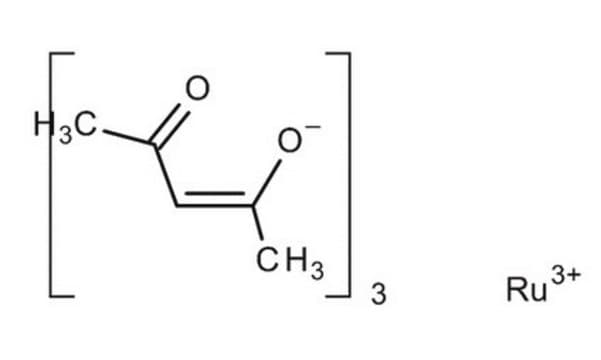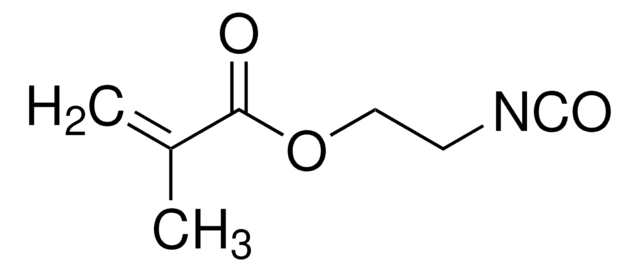8.20421
Dibutyltin dilaurate
for synthesis
Sinónimos:
Dibutyltin dilaurate, Dibutylbis(lauroyloxy)stannane, Dibutyl bis(lauroyloxy)tin
About This Item
Productos recomendados
vapor pressure
<0.1 hPa ( 20 °C)
Quality Level
form
solid
autoignition temp.
>200 °C
potency
175 mg/kg LD50, oral (Rat)
bp
>250 °C/1013 hPa
mp
25-27 °C
transition temp
flash point 191 °C
solubility
<1.43 mg/L
density
1.05 g/cm3 at 20 °C
storage temp.
2-30°C
InChI
1S/2C12H23O2.2C4H9.Sn/c2*1-2-3-4-5-6-7-8-9-10-11-12(13)14;2*1-3-4-2;/h2*2-11H2,1H3;2*1,3-4H2,2H3;
InChI key
FWFWAXJCZAZGQD-UHFFFAOYSA-N
Application
- Planting carbon nanotubes onto supramolecular polymer matrices for waterproof non-contact self-healing: Discusses the use of DBTDL in creating advanced waterproof and self-healing materials, significant for innovations in material science and engineering (Li et al., 2019).
- Improvement of biodegradability of UV-curable adhesives modified by a novel polyurethane acrylate: Focuses on the role of DBTDL as a catalyst in enhancing the biodegradability of polyurethane acrylates, pertinent to environmental sustainability in chemical processes (Huang et al., 2016).
- A fluorinated polycarbonate based all solid state polymer electrolyte for lithium metal batteries: Investigates the catalytic role of DBTDL in synthesizing polymer electrolytes for energy storage applications, linking to advancements in battery technology and material science (Wang et al., 2020).
Analysis Note
Identity (IR): passes test
Due to its specific melting range the product may be solid, liquid, a solidified melt or a supercooled melt.
signalword
Danger
Hazard Classifications
Aquatic Acute 1 - Aquatic Chronic 1 - Eye Irrit. 2 - Muta. 2 - Repr. 1B - Skin Sens. 1 - STOT RE 1 - STOT SE 1
target_organs
thymus
Storage Class
6.1C - Combustible, acute toxic Cat.3 / toxic compounds or compounds which causing chronic effects
wgk_germany
WGK 3
flash_point_f
372.2 - 379.4 °F - closed cup
flash_point_c
189 - 193 °C - closed cup
Certificados de análisis (COA)
Busque Certificados de análisis (COA) introduciendo el número de lote del producto. Los números de lote se encuentran en la etiqueta del producto después de las palabras «Lot» o «Batch»
¿Ya tiene este producto?
Encuentre la documentación para los productos que ha comprado recientemente en la Biblioteca de documentos.
Los clientes también vieron
Nuestro equipo de científicos tiene experiencia en todas las áreas de investigación: Ciencias de la vida, Ciencia de los materiales, Síntesis química, Cromatografía, Analítica y muchas otras.
Póngase en contacto con el Servicio técnico
















